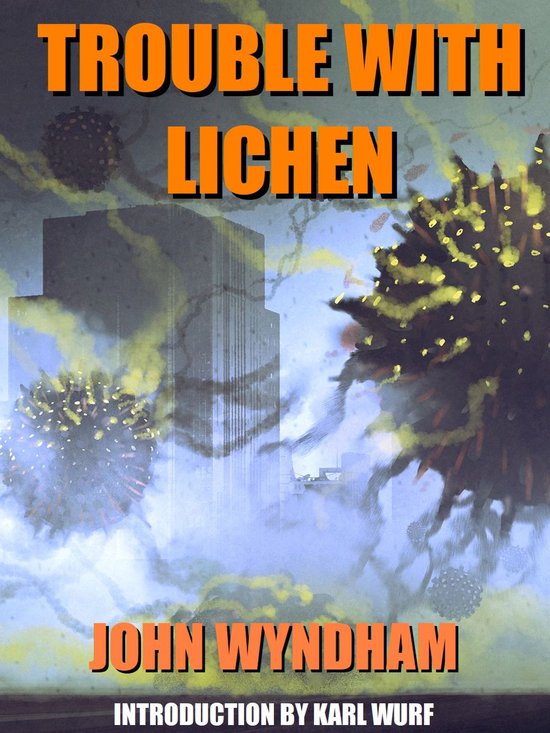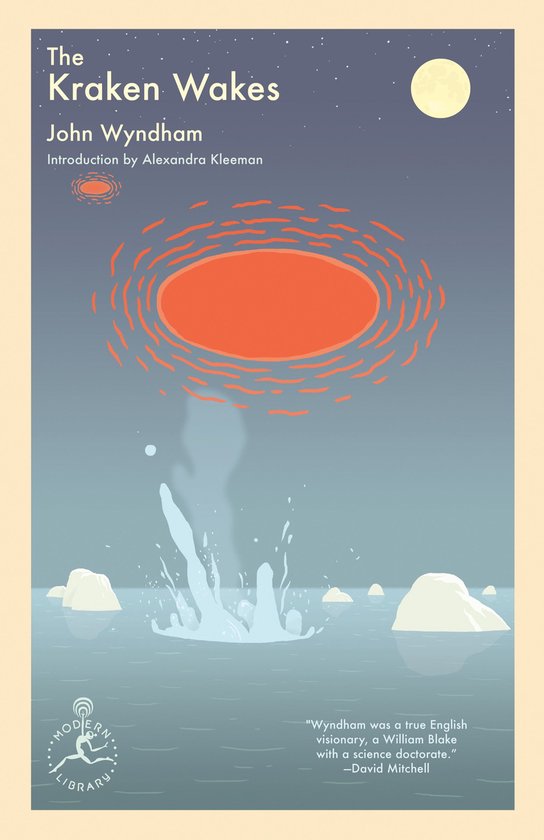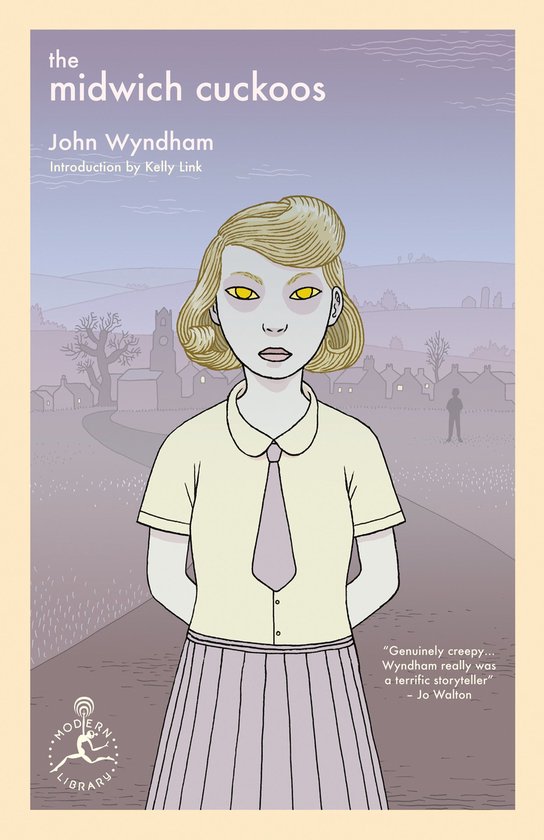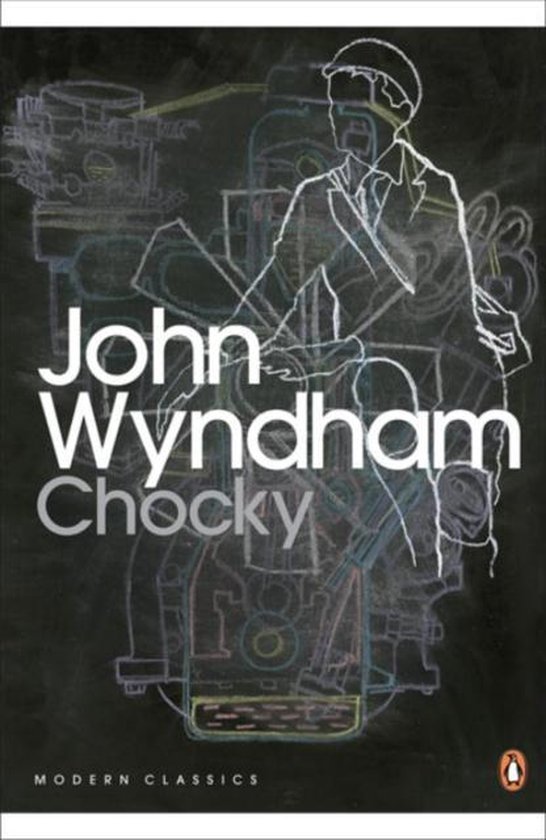
Chocky
It was in the spring of the year that Matthew reached twelve that I first became aware of Chocky. Late April, I think, or possibly May; anyway I am sure it was the spring because on that Saturday afternoon I was out in the garden shed unenthusiastically oiling the mower for labours to come when I heard Matthew's voice outside the window. It surprised me; I had no idea he was anywhere about until I heard him say, on a note of distinct irritation, and, apparently, of nothing: 'I don't know why It's just the way things are.' I assumed that he had brought one of his friends into the garden to play, and that the question which prompted his remark had been asked out of earshot. I listened for the reply, but there was none. Presently, after a pause, Matthew went on, rather more patiently: 'Well, the time the world takes to turn round is a day, and that's twenty- four hours, and...' He broke off, as if at some interruption, though it was quite inaudible to me. Then he repeated: 'I don't know why. And I don't see why thirty-two hours would be more sensible. Anyway, twenty-four hours do make a day, everybody knows that, and seven days make a week...' Again he appeared to be cut short. Once more he protested. 'I don't see why seven is a sillier number than eight...' Evidently there was another inaudible interruption, then he went on: 'Well who wants to divide a week into halves and quarters, anyway? What would be the point of it? A week just is seven days. and four weeks ought to make a month, only usually it's thirty days or thirty-one days...'--'No, it's never thirty-two days...'--'Yes, I can see that, but we don't want a week of eight days. Besides, the world goes round the sun in three hundred and sixty-five days, and nobody can do anything that will make that turn into proper halves and quarters.'
At that point the peculiarity of this one-sided conversation aroused my curiosity so much that I put my head cautiously out of the open window. The garden was sunny, and that side of the shed was she1tered and warm. Matthew was seated on an upturned seed-tray, 1eaning back against the brick wall of the shed just under the window, so that I was looking down on the top of his fair-haired head. He seemed to be gazing straight across the lawn and into the bushes beyond. There was no sign of a companion, nor of any place one could be hidden.
| Auteur | | John Wyndham |
| Taal | | Engels |
| Type | | E-book |
| Categorie | | Fantasy & Sciencefiction |





